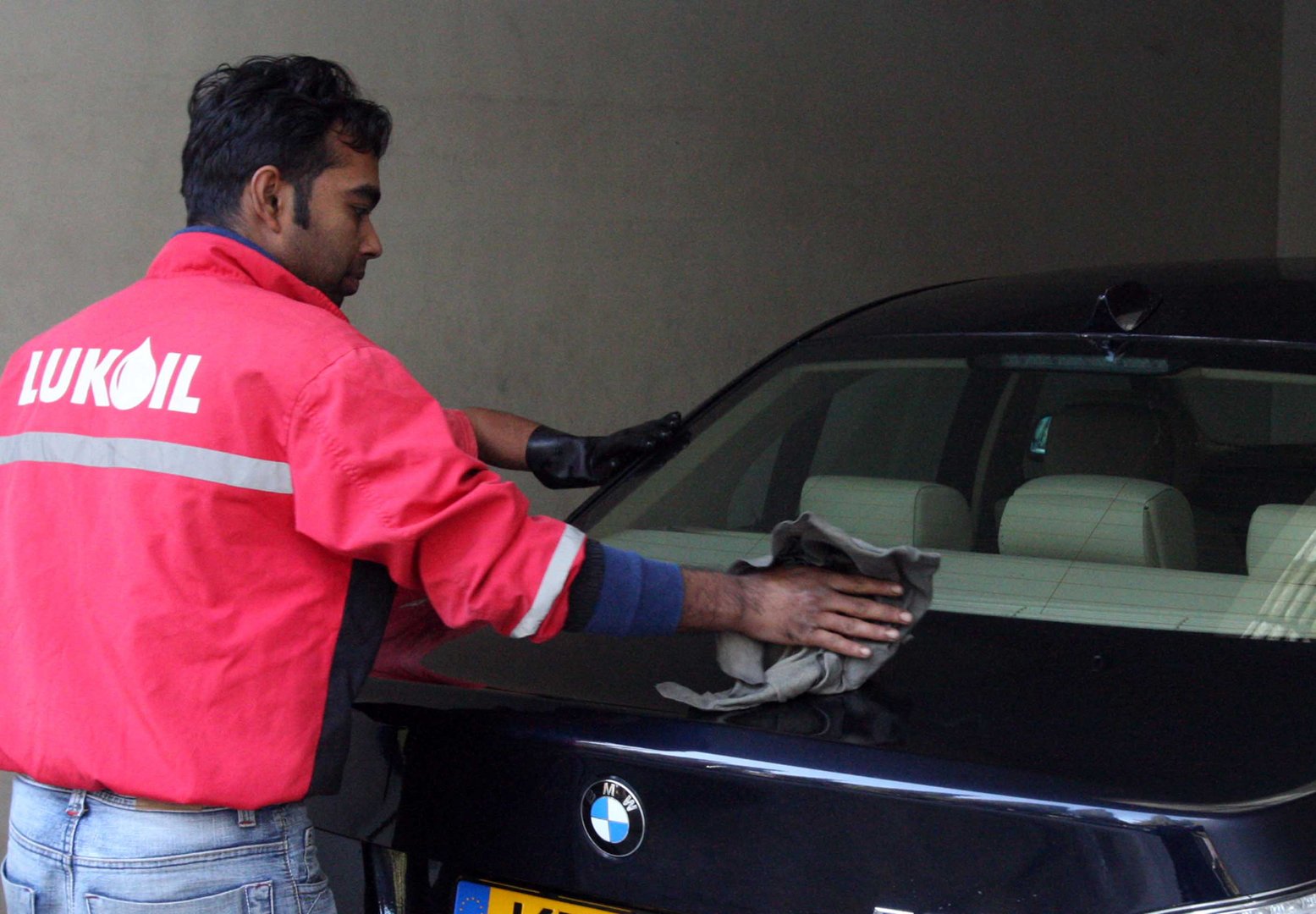Trade unions have condemned the new regulations concerning the employment of third country nationals, while employers have said they do not go far enough.
Labour Minister Kyriakos Koushos on Wednesday said cabinet had decided to raise the percentage of third country nationals allowed to be employed by companies and businesses in Cyprus from 30 to 50 per cent of the total workforce, provided they can be included in collective agreements.
The news provoked heated reaction from unions with Panicos Argyrides, a representative of trade union Sek, saying the government decision was never discussed with unions.
“The labour ministry sent us a letter informing us about the decision on January 23,” Argyrides told Cyprus Mail on Thursday. “We replied on January 31 and asked to be included in the discussion, to no avail.”
Argyrides said such a decision, which concerns workers’ rights, needed to be thoroughly discussed with trade unions, before being publicly announced.
“We also have third country nationals in our ranks, we represent them too. Therefore, it is only logical that we should be included in the discussion prior to the announcement of the decision.
“It was all very rushed. The workers’ rights cannot be subject to arbitrary decisions, they need to be addressed correctly and comprehensively,” he said.
“Many things were left hanging, including what the working conditions of third country nationals will be now that the decision was formally announced.”
Argyrides added that Sek’s next move will involve asking the upcoming administration to halt the implementation of the new rule in order for unions to have the chance to have their say.
Trade union Deok also joined the chorus of disapproval and slammed the labour ministry “for deciding to pass on its own policy to the next administration only days before the end of its term”.
“The position of trade unions was not taken into account at all,” a statement released by Deok said. “We cannot accept the new policy as the conditions ensuring sufficient social dialogue were not met.”
Like Sek, Deok also called on the next administration to withdraw the updated policy, deemed “unilateral and unacceptable” and allow for more in-depth discussions on the subject.
But the Employers and Industrialists Federation (OEV) praised the changes but even urged a further step in the liberalisation of the workforce.
“We believe that, as long as businesses can prove that they cannot find enough workers from Cyprus or the EU, they should be allowed to employ up to 50 per cent of third country nationals in their workforce, regardless of whether they are able to include them in collective agreements,” the OEV director of industrial relations and social policy Lena Panayiotou told Cyprus Mail.
She said OEV is highly in favour of the new policy, as it represents a step towards the modernisation of the labour market in Cyprus.
“The decision will help the country transition into a new era,” Panayiotou said. “The workforce in Cyprus is limited, especially in the agricultural and the high-tech fields, and our business development is directly affected by that.”
She said the economy would certainly benefit from the new policy, as will the many third country nationals who have already been living in Cyprus for a while.
Responding to the claims moved by trade unions, lamenting the fact that they were not included in the discussions, Panayiotou said that a number of committees examining possible changes in the labour market have been set up since 2018.
“Discussions have been going on for nearly five years now,” she said. “Throughout this time, unions were always included in the social discussion.”
She added that asking the new administration to withdraw the policy in order for it to be rediscussed would take Cyprus back to square one.







Click here to change your cookie preferences